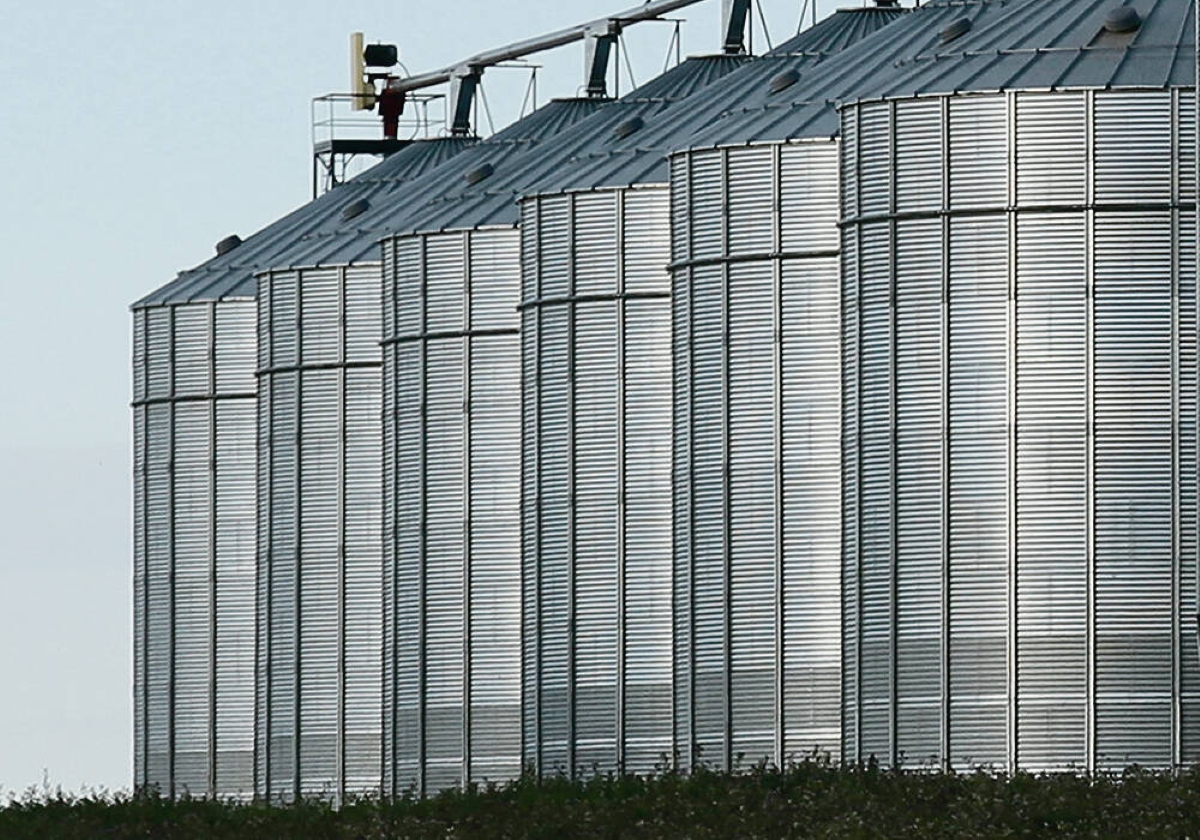SAO PAULO, Brazil (Reuters) — Olacyr de Moraes, the one-time soy king of Brazil who pushed the frontier of large-scale agriculture far into the country’s interior to become the world’s largest soybean grower, died June 16 at age 84.
Moraes died in Sao Paulo after fighting pancreatic cancer for more than a year, his Facebook page said.
Once one of the world’s wealthiest individuals, Moraes rose from a modest beginning selling sewing machines in Sao Paulo at age 14 to become the owner of dozens of businesses including a bank and one of Brazil’s largest construction companies.
Read Also

Grain trader Bunge lowers 2025 profit forecast after closing Viterra deal
U.S. grain trader and processor Bunge on Wednesday lowered its 2025 earnings forecast following its merger with Viterra, and said it is overhauling segment and volume reporting to align with its integrated operations.
In the late 1960s and early 1970s, Moraes took up the military dictatorship’s challenge to populate the country’s untamed interior.
Converting 1.5 million acres of scrubland in the centre-west state of Mato Grosso into frontier farmland, Moraes became the world’s largest producer of soybeans by the 1980s, winning him the title of soy king.
Mato Grosso today is the largest grain producing state in Brazil, which ranks second to the United States in soy. Other growers in the area have gone on to earn the soy king moniker.
An economic downturn in Brazil in the 1990s forced the tycoon to close his bank and give up his dream of building the Ferro Norte railway and other large-scale infrastructure projects for Brazil’s centre-west grain belt.
Later in life, he tried to rekindle his earlier economic success by developing mining projects around rights he held in Brazil for rare earth metals, but was ultimately unsuccessful.
















